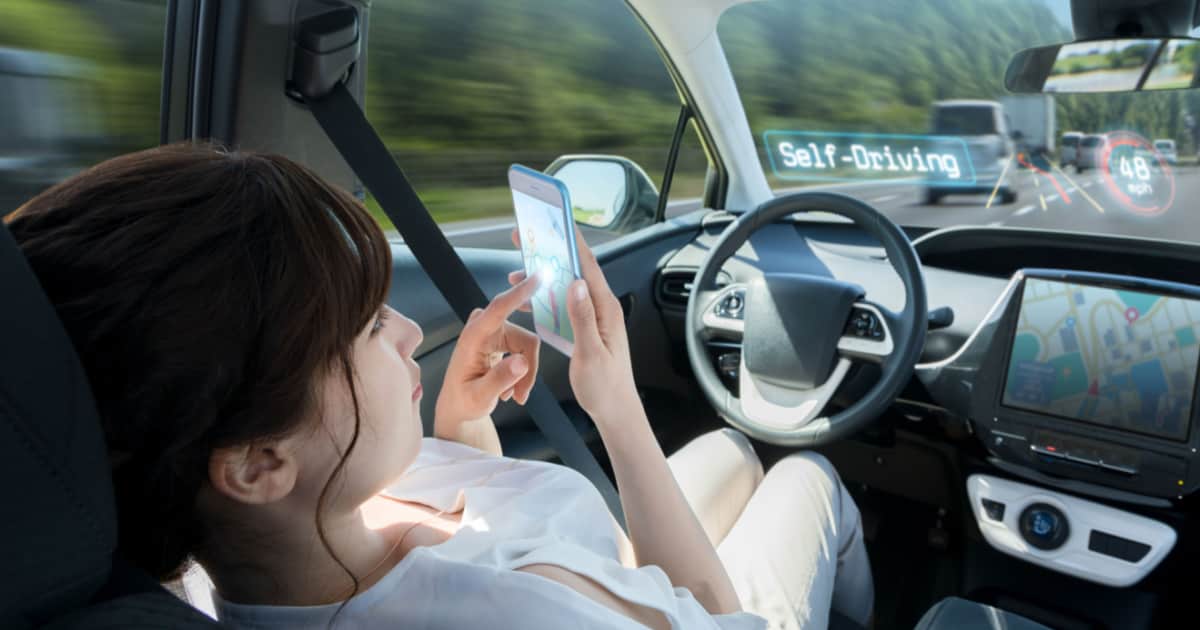It’s not just the U.S. testing fully autonomous, driverless cars.. Chinese authorities have recently begun regulating the use of the technology. Shenzhen, China’s technology hub, is home to the country’s first dedicated regulations for such vehicles.
Regulating Intelligent Connected Cars In Shenzhen
Beginning Aug. 1, registered autonomous vehicles are allowed to travel on designated roads and other areas. Local transport authorities lay out the exact locations the vehicles can operate. The cars are allowed to operate without a human driver, but do require the presence of a human “safety operator.”
According to South China Morning Post, autonomous driving startups are already beginning to deploy their fully self-driving cars. Shenzhen-based DeepRoute.ai is among those rolling out their vehicles. The regulations, the first of their kind in China, could become a model for other cities throughout the country.
Under the new rules, vehicles are classified as conditional, high-level, or fully autonomous driving. These classifications help determine liability in case of an accident. If the vehicle has a driver, that person is liable to pay compensation for an accident. On the other hand, the owner or manager of the car could be held liable if the vehicle is fully autonomous.
Regulating Autonomous, Driverless Cars In the World’s Biggest Car Market
You might think the U.S. is the largest car market in the world. I certainly did, but it turns out China registers many more new cars each year. China saw 21.1 new vehicle registrations in 2020, compared to 14.9 million in the U.S.
This is, of course, reflective of the country’s population. Indications suggest China has less than one car for every five people, whereas the U.S. boasts 800 motor vehicles for every 1,000 people.
During a test ride Tuesday afternoon in Shenzhen, DeepRoute.ai sent several of its driverless cars causing through the Futian Bonded Zone. This is a busy area filled with many long buses as well as illegally parked vehicles clogging the narrow streets.
A three-kilometer trip through the area took eight minutes. Riders in the vehicles kept track of the route and surrounding environment in real-time, viewing everything on in-vehicle monitors.
Baidu, China’s internet search and AI giant, also plans to roll out driverless taxis in 2023. The company hopes to deploy as many as 100,000 of the vehicles, expanding to 65 cities by 2025 and 100 cities by 2030.
These happenings are sure to catch Apple’s eye, as the tech giant continues moving towards launching its own autonomous vehicle, hopefully in 2025.
